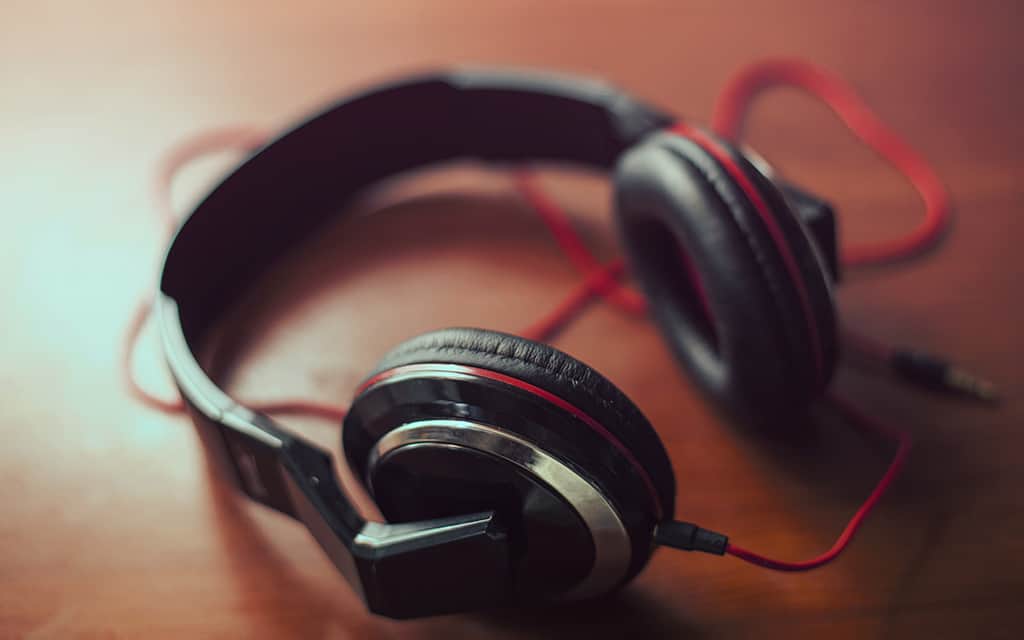Stop Self Blame – Discover where the real limits for your personal responsibility are with this gentle, permissive hypnosis session.
Self blame is fine; until it isn't.
It's an admirable quality to take responsibility if something goes wrong and is your fault, but if you tend to blame yourself for everything then you will be having a tough time of it.
Blaming yourself for all kinds of stuff such as whether other people are happy, whether other people work hard, whether your relationship fails to thrive, whether a social event is going well – is so much work!
Self blame: control versus influence
People who blame themselves for too much mistake influence for control. A mother may be able to influence her child when it comes to academic study but she can't completely control the child's motivation (or lack of).
You may be able to influence whether your partner or friend has a good time but you certainly can't be totally responsible.
Too much self-blame is really about grabbing too much of the ‘responsibility pie'. You can really begin to think about what percentage or portion of responsibility you actually have in situations. People who are prone to guilt and self-blame take the whole ‘pie' for themselves.
Small wonder then that those who internalize bad stuff like this put themselves at greater risk of depression. (1)
Self blame and depression
Psychologists call a tendency to just blame oneself when things go wrong as having an ‘internal locus of control'. People who blame themselves for bad stuff also tend to not take credit when things work out well. This is called having an external locus of control.
So if a relationship breaks down the self-blamer may exclusively blame themselves ‘I ruin everything!' rather than seeing outside factors such as the ex-partners behavior or external stresses on the relationship as also partially to blame.
But when things go well, say the self-blamer organizes a successful business meeting, they may find it hard to accept compliments and be eager to talk in terms of them ‘just being lucky' or other people being core to its success and so forth.
Why do people self-blame?
If you were brought up by someone who tended to dish out blame unfairly then you may have learnt to direct unfair blame towards yourself.
You may be a person who sees reality in very ‘black or white' ways and applies perfectionist standards to your own performance and behavior meaning you continually let yourself down and then have an excuse to ‘lash' yourself with recriminations.
It's vital to understand that a mature person will see where their own responsibility lies and seek to do something about it (never accepting any responsibility carries it's own problems) but the self blamer tends to totally blame themselves.
How hypnosis can help stop self blame
The emotions that drive the self blaming habit come from the unconscious mind – in other words, you don't do it on purpose.
And that's why it's so hard to stop – conscious efforts are happening at the ‘wrong level'. Which is where hypnosis comes in. Hypnosis is the art of communicating with the unconcious mind, so you can update the old patterns of self blaming emotion to give yourself more freedom in the present.
Stop Blaming Yourself will redress the responsibility balance, meaning you'll be better placed to see the bigger picture and your own part in it with more calmness and objectivity.
Download Stop Blaming Yourself and free up your life. You can listen on your computer or device or via our free app which you can access when you have completed your purchase.
(1) ‘Learned Optimism' by Martin Seligman, publ Vintage Books, Mar 14 2006
Stop Blaming Yourself has been purchased by 499 customers.

